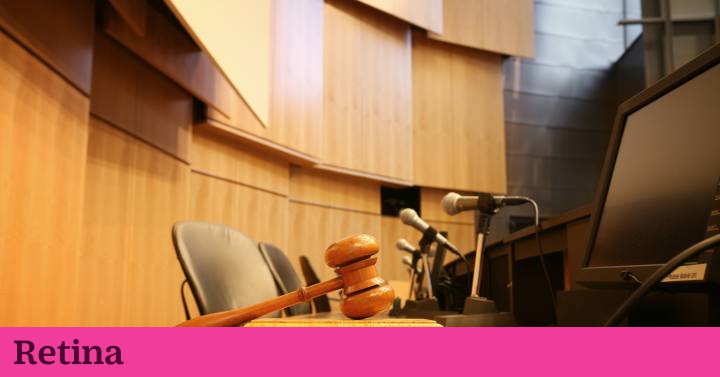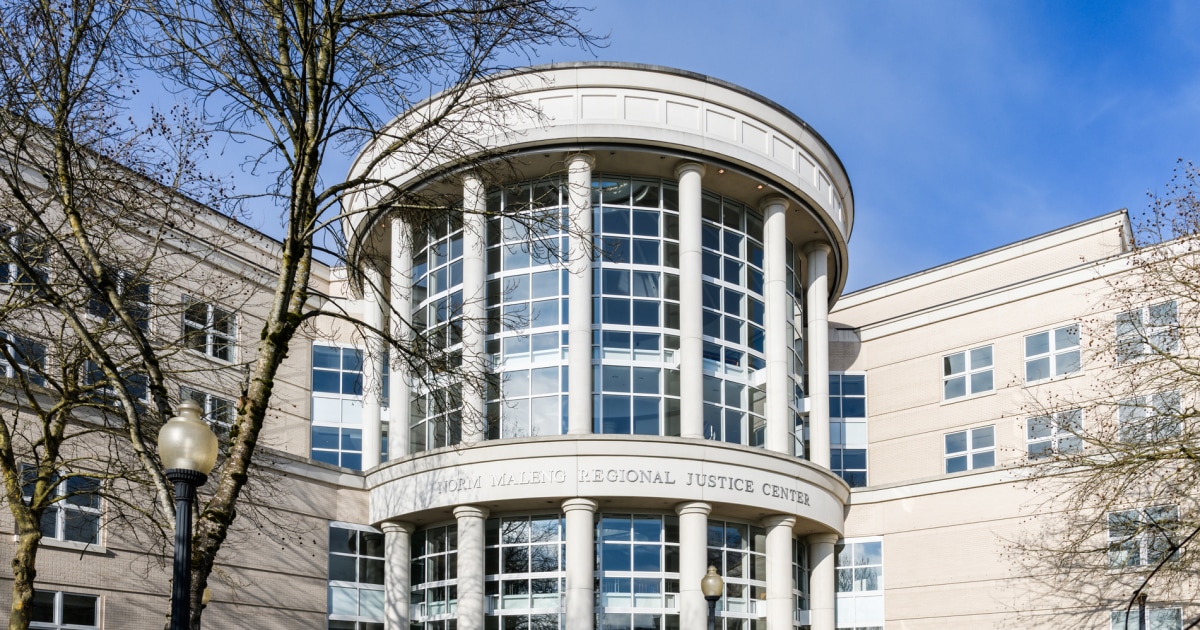Every 2.5 minutes a vulnerable citizen files a judicial remedy called guardianship in Colombia. The word and even the invented verb entutelar have been part of the life of all its inhabitants since 1991 and refer to an urgent action that Colombians have to ask a judge to protect their fundamental rights. For almost three decades, guardianships have been presented for a hospital to attend to a patient promptly, for a government institution to deliver official information, for due process to be respected, among many other reasons.
Recently, a group of septuagenarians who lead the so-called gray hair rebellion sealed off the Iván Duque government for the measure that forced them to remain isolated in the midst of the quarantine. Another citizen demanded the principle of separation between the State and religion, which he felt violated by a publication by the president that entrusted the country to a virgin through official channels. In both cases, the judges agreed with the citizens. But as it happens thousands of times, these decisions must be reviewed by the Constitutional Court, the highest court in Colombia.
Those are two simple examples of the thousands and very diverse guardianships that arrive every day to the court and that congest the justice, a reason for serious concern in the country. Worse still if it is taken into account that most of the guardianships - 207,368 of the 620,000 filed in 2019 - come from vulnerable citizens who desperately resort to this action to access health services. The time invested in the bureaucratic process and the successive instances can suppose, in many cases, that the answer comes when people have died or their situation has become complicated.
That is why, in a pioneering initiative in a maximum court, the Constitutional Court announced on Tuesday the adoption of an artificial intelligence (AI) program, a predictive system of intelligent detection of sentences and information called Pretoria to facilitate the work of judges. The platform's name is inspired by the praetor, auxiliary to Roman justice, and is capable of grouping, analyzing and classifying information from the more than 2,700 daily sentences that the Court receives. Without the technology, a single person spent at least one day reading 30 files to find similar patterns that would help them define the priority and criteria of judicial offices.
With Pretoria, explains Juan G. Corvalán, prosecutor and director of the Laboratory of Innovation and Artificial Intelligence of the Law School of the University of Buenos Aires, digitized sentences can be processed in seconds and show their characteristics and key criteria. If a judge, for example, introduces various variables such as childhood, extreme poverty or nursing mothers and chooses a certain period of time, the system reads the thousands of sentences, crosses the information and returns summaries that previously had to be evaluated and written manually. According to his calculations, the platform has a hit rate of 90%.
"I do not know of any court in the western world that receives the volume of judicial cases that the Colombian Constitutional Court receives. The main problem they faced was taking out the file and sorting them, making boxes and separating where the variables were. Pretoria, which does a much deeper job than a search engine, allows them to act more quickly, "says the prosecutor about the platform.
"We are going to count on the help of this platform that will support the high court in the selection of guardianships that are subject to review," said the president of the Court, Alberto Rojas, in a virtual press conference on the occasion of the presentation. With each search, Pretoria also produces jurisprudence and statistics that can be used by the entity to identify problems and propose public policies.
It is not the first time that artificial intelligence has been incorporated into justice. Countries like the United States and Argentina have different computer systems that advance in the courtroom. Pretoria, in fact, was created with the advice of the Laboratory of Innovation and Artificial Intelligence (Ialab) of the University of Buenos Aires, in alliance with the University of Rosario, Colombia and private entities in the country. In 2018, the Ialab had created Prometea, a software to resolve lawsuits that uses deep learning and helps law enforcement officers obtain an opinion and statistics for each case in less time. The progress made by this Argentine platform, endorsed by the United Nations, the OECD and highlighted by the Inter-American Development Bank, inspired the program to be implemented by Colombia.
The magistrates of the Constitutional Court of Colombia insisted during the press conference that it is not that there is now a robot judge, but that this is a predictive system that expands the knowledge capacities of the judges, but does not replace them. Corvalán clarifies it this way: “There is no such concept of a robot judge because it is precisely a machine that was trained by the judges. It does not have autonomy, but it does what they tell it. It is taking advantage of technology so that they can be faster and more empathetic with the causes that they review, but inescapably it is under human supervision ”.









